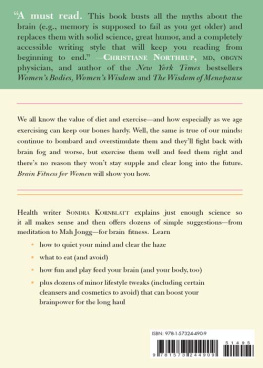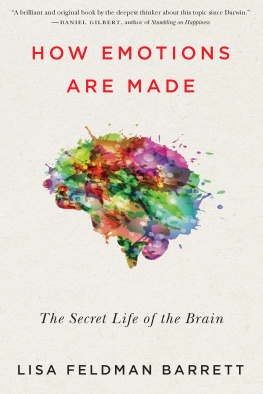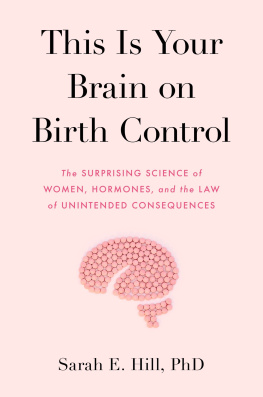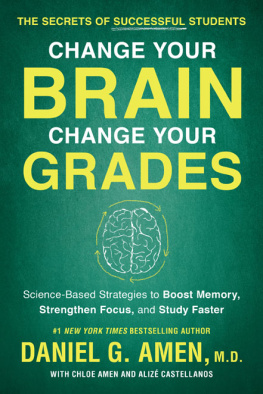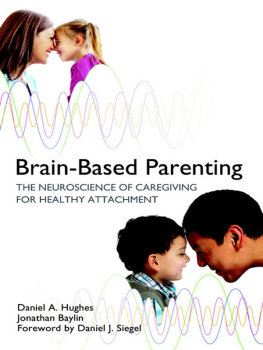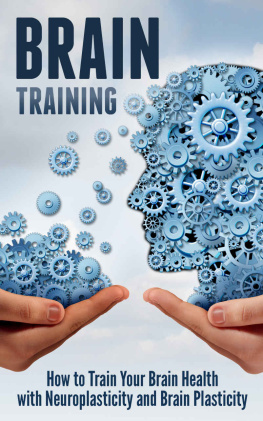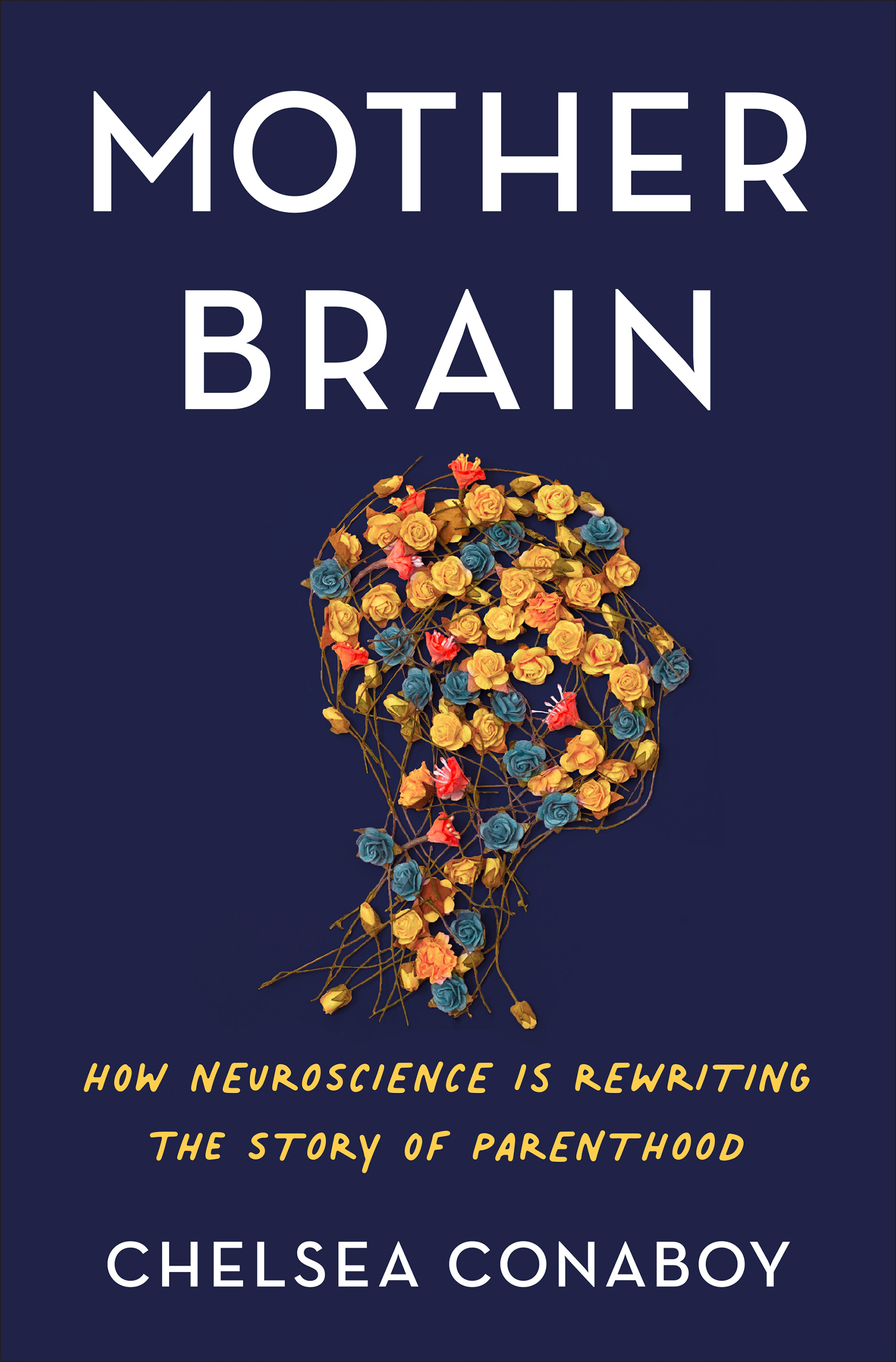Contents
Guide
Pagebreaks of the print version

The author and publisher have provided this e-book to you for your personal use only. You may not make this e-book publicly available in any way. Copyright infringement is against the law. If you believe the copy of this e-book you are reading infringes on the authors copyright, please notify the publisher at: us.macmillanusa.com/piracy.
For my boys.
What does it mean to become a mother?
Certainly, every persons experience is different. It is shaped by ones circumstances, and those circumstances can vary in infinite ways, even from the very start, depending on whether a pregnancy is planned or not, agonized over or agonizing to discover, undertaken with or without a partner, begun with a donor, with assistance, or with ease. But parenthood in general, and motherhood in particular, is viewed often as something hyperpersonal. A mother is sacrosanct, love embodied. Motherhood is too precious to look at directly, to dissect. Instead, we see it sideways. We celebrate the transformative power of a childHaving a baby changes everything, according to Johnson & Johnsonwithout really naming what is changed.
For many women, the question feels dangerous. To answer it directly would require us to acknowledge just how we are changed by motherhood, altered from the person we were before and distinct from those who do not have children. Distinct from men. Different, in this context, has most often meant lesser. Forgetful. Frazzled. Consumed. Hindered by our own biology, perpetually at the edge of moral delinquency, and certainly less interesting. Better not to consider it.
In the forty or so weeks of pregnancymany more if you account for the months spent attempting conception or struggling with pregnancy lossesbirthing parents are bombarded with information about what pregnancy means for our body, our breasts, our hips, our waistline, our cardiac function, our pelvic floor, our sex drive. We are overwhelmed with guidance about what our behavior will mean for our children, how the choices we make will affect their developing bodies and their lifelong physical and mental health. How little we learn about ourselves. Even less about our partners. Among all the information we take in during the run-up to motherhood, what do we learn about how parenthood changes us, our inner lives? What does it mean to become a mother?
For nonbinary parents, fathers, or same-sex partners, the questionwhat does it mean to become a parent?might seem unacknowledged, their stories treated like footnotes to a truer narrative about the transition to parenthood, the distinctly maternal one. Science has given us a whole new way of answering these questions, of asking them, even.
The first time I tried, I was four months postpartum and sitting in a tiny windowless room at the newspaper where I had recently returned from maternity leave to my job as an editor. I had just pumped a measly two or so ounces of breast milk that, with two more trips from my desk in the newsroom to this closetwhich had a table and a chair and a scrawled do not enter message on the door but no lockwould become just one of the two bottles I needed in order to feed my infant at day care the following day. I had reporters to meet with and deadlines to manage, and the clock was ever ticking toward the precise minute by which I needed to leave the office to fetch my baby from day care. But as desperate as I was for more time in my day and fewer things on my to-do list, I was desperate for information, too.
I wanted to understand what I was experiencing as an anxious new mother. I was sure there was far more happening in my brain and my body than what I had learned over the months when I was reading books and taking classes that I thought would prepare me for this time. So I turned off the wah-whir-wah-whir of my breast pump, dropped the milk into a cooler, opened my laptop, and called Peter Schmidt.
Schmidt has researched the influence of hormones and reproductive state on a persons mood and mental health since about 1986when misogynistic doctors thought postpartum mood disorders were simply further evidence of womens impairment by their reproductive system, feminists worried (not without cause) that male researchers were pathologizing their normal biological processes, and Schmidts peers in science viewed these conditions as soft quality of life issues rather than a real public health concern. When I talked to Schmidt in July 2015, those barriers to studying the parental brain had begun to fall, and he was now chief of behavioral endocrinology at the National Institute of Mental Health.
Schmidt was the first person I heard describe new motherhood as a distinct developmental stage with long-lasting effects, in which each of the bodys systems thought to regulate social behavior, emotion, and immune responsesall of those things get drastically changed. Schmidt affirmed what I was feeling, that the way we talk about postpartum experiences is really limited. Making postpartum depression a mainstream concern had taken so much effort. Next, he said, the challenge was broadening the understanding of just how much change a person goes through when they become a parent and whats at stake in the process.
This was revelatory to me then, though to be honest, I barely knew what he meant. This book is the result of my effort to figure it out, through interviews with dozens of researchers and nearly as many parents, with a deep dive into the research on the human parental brain and the foundational animal literature, and by taking a critical look at the stories we live with about parenthood and how they came to be.
I had thought I would write an essay about my own realization of motherhood as a developmental stage and how expectant mothers deserve a more complete understanding of how the postpartum period could go for them. And I did that, but then I got hooked. The more I learned, the bigger this science felt, capable of changing not only our individual experiences but also how we view and talk about parenthood overall and so much of what it touchessex and gender, work, equity in science, social policy and politics, the time spent engrossed in our children and the time spent apart from them.
This is a book about the parental brain, but you should know that I am neither a parenting expert (whatever that means) nor a neuroscientist. The expertise I bring to these pages is twofold. First, I am a journalist with nearly two decades of experience translating complicated topics for readers, with a particular focus on health care. And I am an expert at parenting my two particular children with their particular needs alongside my particular husband in our particular time and place. Ive tried to make sense of the science in the context of my own life as a parent, with the hope that what Ive learned will be meaningful to others, too.
In the years since I interviewed Schmidt from that lactation closet, the number of neuroimaging studies focused on the parental brain has grown significantly, as has scrutiny of the technologies and the methods of analysis used in those studies, particularly regarding functional magnetic resonance imaging, or fMRI. Mindful of these criticisms, Ive aimed to highlight findings that hold up across disciplines or have been replicated, and to be transparent about the places where the research is thin or conflicted.
Science is not static. The parental brain has been neglected as a subject worth studying for a long time. The story it tells today is well worth exploring. But in truth, this research is just getting started. The findings here will changealready are changingand will raise new questions. Ive tried to point in the direction those questions might lead.


